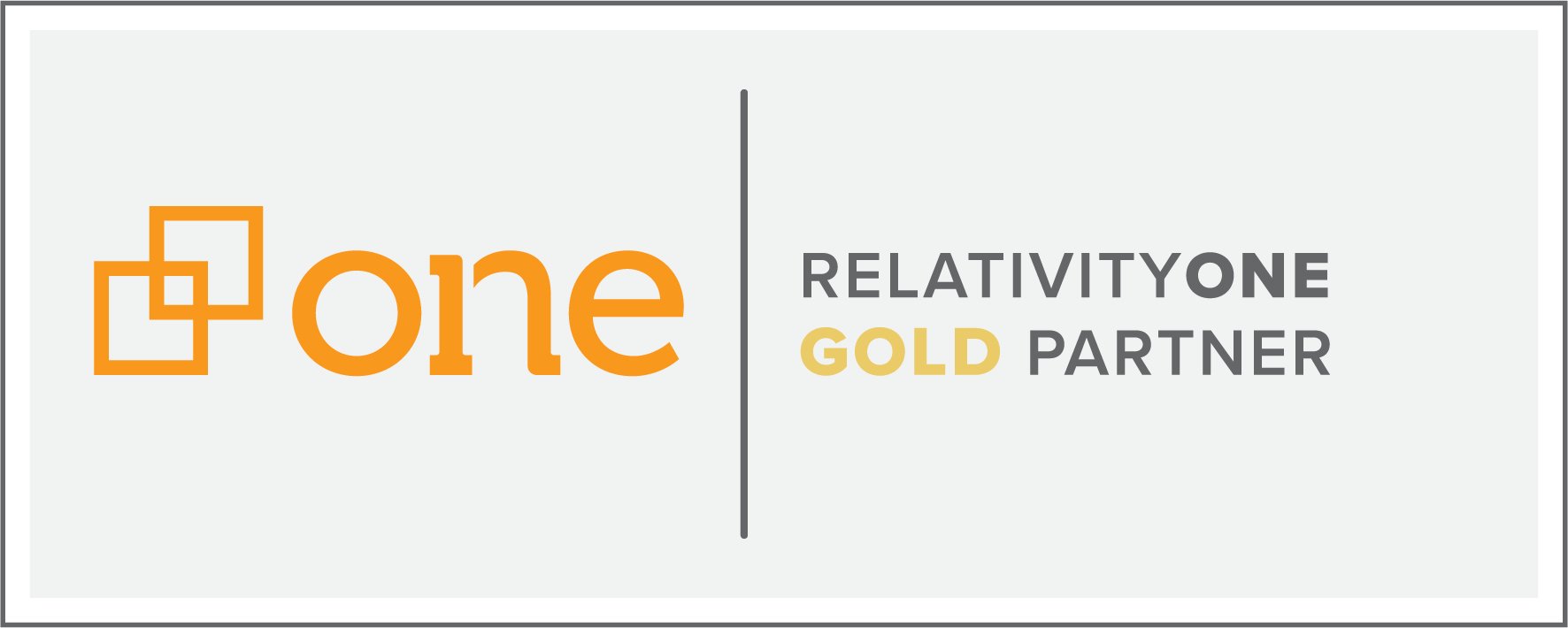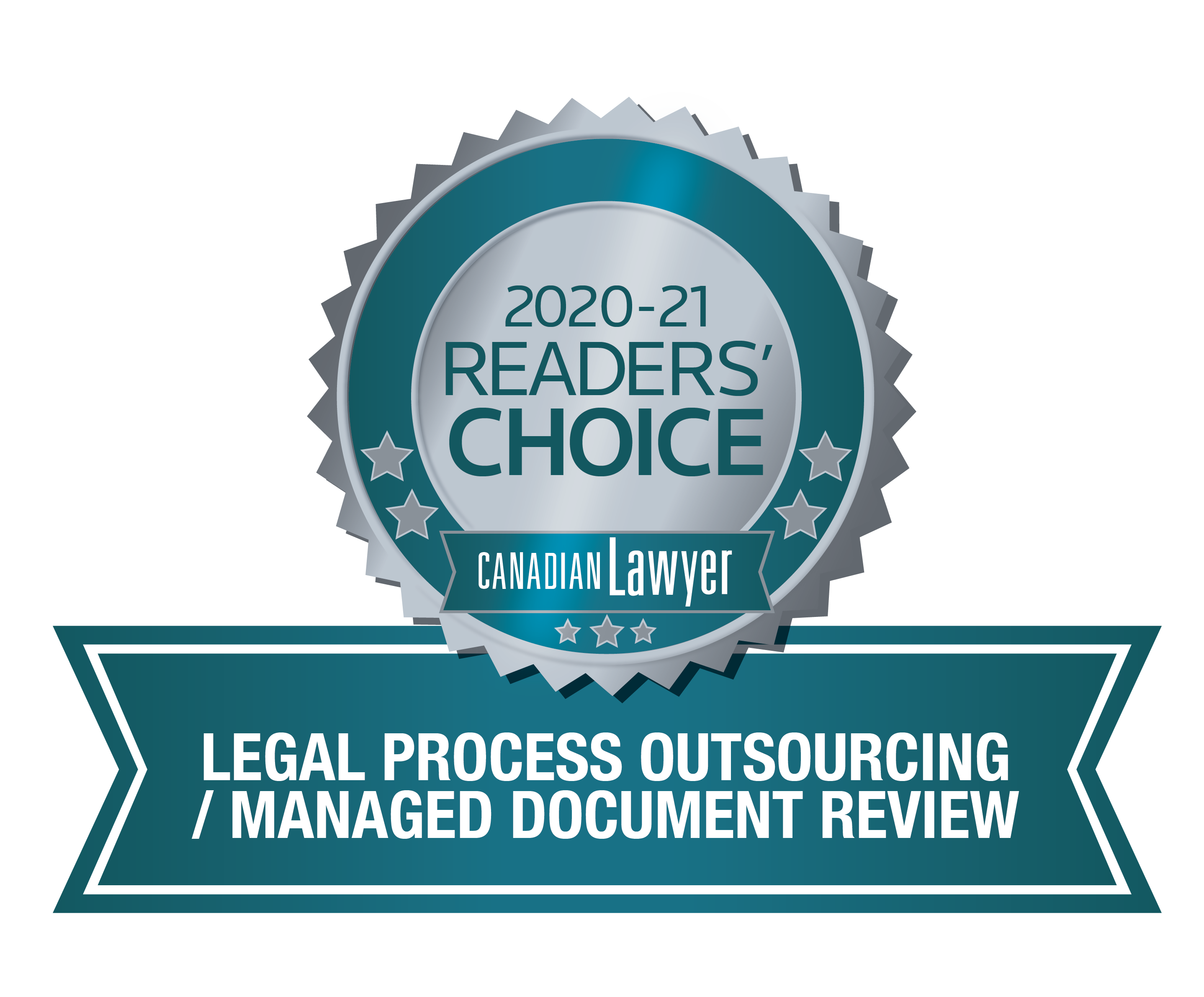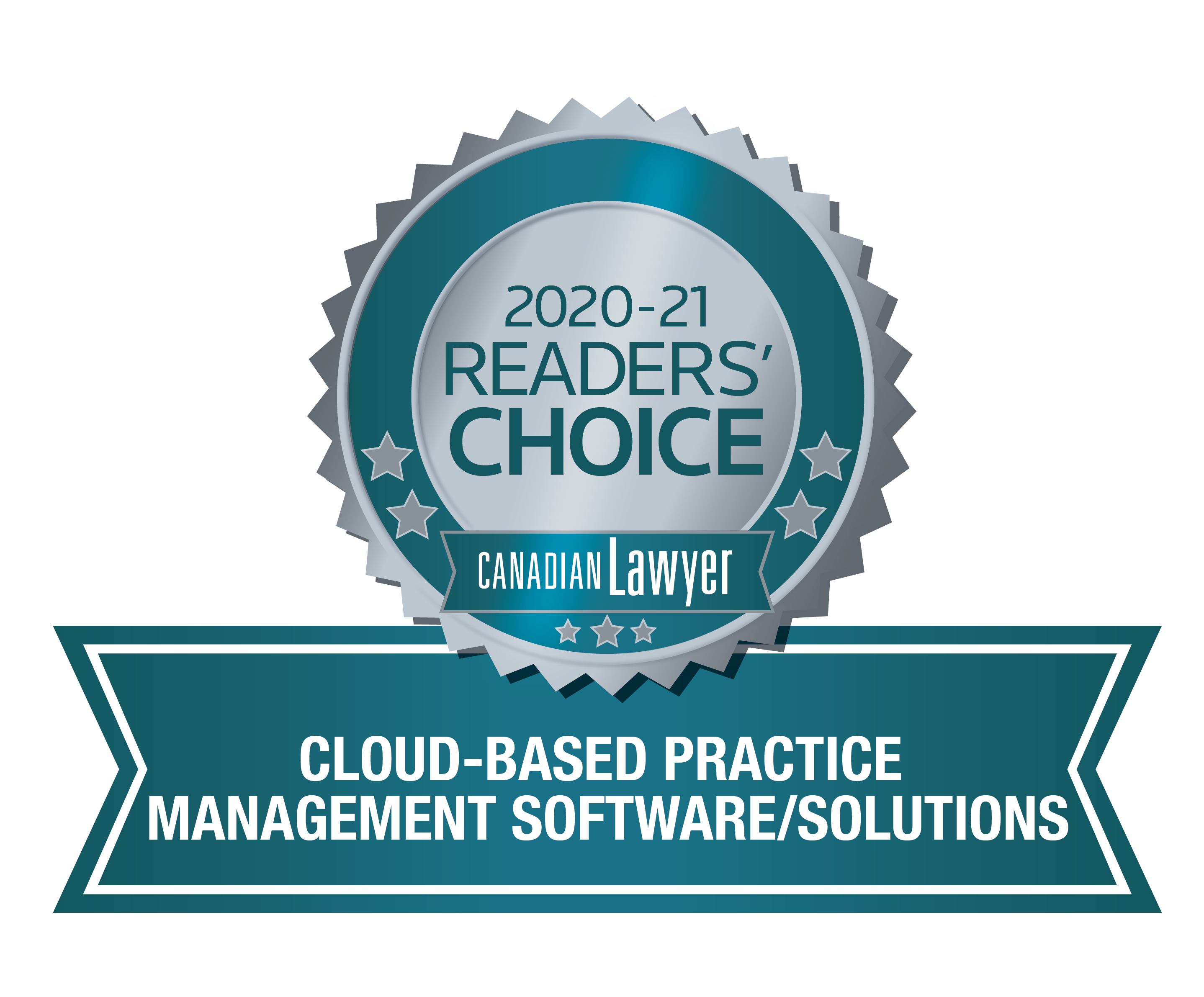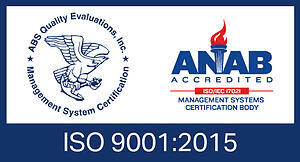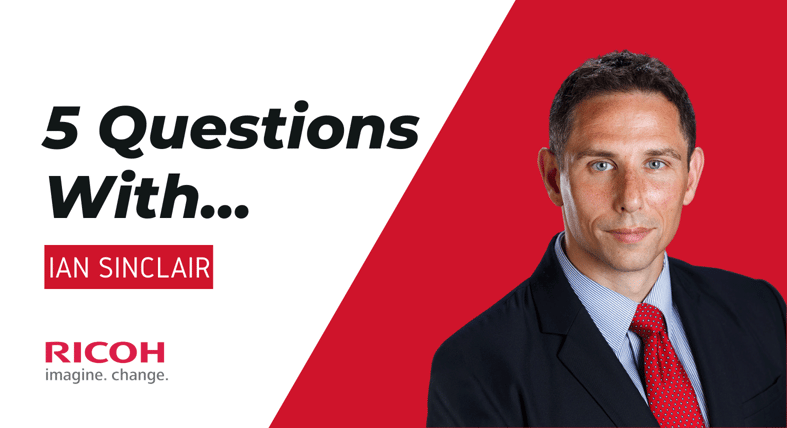
Ian Sinclair specializes in eDiscovery and has directed all stages of the discovery process, from initiating legal holds and conducting document collections to presiding over the legal review process. In his role as Manager of Review Services at Ricoh eDiscovery, Ian is dedicated to leveraging technology to improve workflows, diminish costs and faithfully recommends new software functionality to his clients.
We recently spoke with Ian about how he was introduced to the world of document review, what excites him about the future of AI and why he believes “AI in legal tech holds great promise in addressing some of the blind spots in eDiscovery.”
1. Tell us about how you got to where you are now.
I returned to Ontario in 2011 after living on the East Coast for 14 years. While in the Maritimes, I completed my Bachelor of Science at Mount Allison University, MBA and JD at Dalhousie University, and worked for a spell. Upon returning to Ontario, I secured an associate position with a national law firm — or so I thought. The firm ultimately had to withdraw its offer due to the poor business climate (the legal industry was still reeling from the 2008 recession). I was forced to quickly pivot which was when I stumbled upon a document review. One eDiscovery project turned into two, and soon it became a stream of opportunities.
I left eDiscovery after a year to practice civil litigation with a law firm and then as a sole practitioner. I supplemented my civil litigation practice with eDiscovery contracts. eDiscovery steadily overtook civil litigation as my primary activity when I began to manage projects, which I did on a contract basis for most of the main vendors in Toronto. I joined Ricoh in 2018 after having worked as eDiscovery Counsel for a national firm.
2. What are the biggest challenges for your clients?
Ever-growing data volume, and the variety of data, is the most immediate challenge due to the cost and time concerns that result. However, I prefer to reframe data volume as a ‘problem’ and not a ‘challenge’. The absurdly large data collections that we regularly observe are a symptom. The disease, so to speak, or the underlying issue from which the symptom arises, is the absence of sufficient information governance. In this way, the biggest — though less direct — challenge for clients is introducing appropriate information governance policies. I would say that data volume is the biggest ‘problem’ while information governance is the biggest ‘challenge’ for my clients.
3. What technology or solution excites you the most about the future?
The near- and long-term potential of artificial intelligence (AI) excites me the most. I prefer to remain practical, so let’s put aside wishful thinking related to artificial general intelligence. While it is exhilarating, it remains too theoretical to be meaningful. In the near term, AI in legal tech holds great promise in addressing some of the blind spots in eDiscovery. Machine learning has greatly improved outcomes over the past few years in the assessment of text-rich documents. Relativity’s Active Learning, for instance, is a wonderful tool for identifying likely relevant documents amongst text-rich documents. But, what about documents that are not text-rich, like images or most spreadsheets? Technology has yet to revolutionize the assessment of such documents and, as a result, they remain more costly. Similarly, tools that adequately identify privileged content or privileged documents lag staggeringly behind our ability to identify relevant content. I’m excited about forthcoming tools that will modernize the assessment of these blind spots.
4. What's next for you in supporting the success of the industry?
My immediate aim for impacting the industry is to continue challenging traditional review protocols. I frequently encounter client or external counsel-driven processes that warrant reconsideration — mostly to better align with technological developments. New software tools steadily arise that present opportunities for cost savings through efficiency gains. Unfortunately, traditional approaches often act as impediments to fully utilizing the cost reduction capabilities of these tools. I’m looking forward to publishing a series of posts as well as a white paper this year that speak directly to these capabilities and how they can effect change.
5. What advice would you have for someone working in the field?
My advice is that educated users make for better outcomes. One aspect of educating is advocating for, and selling, changes to processes when needed. Different projects and technologies require different review processes. Minor tweaks are typical, but occasionally dramatic process changes are needed. Resistance to change should be greeted with clear explanations, implications and examples. Similarly, educate stakeholders at the outset as to technological limitations. Marketing and sales pitches focus on capabilities, which is valuable, but often necessarily omit case-specific limitations.
---
Thank you, Ian, for taking the time to speak to us. To learn more about Ricoh eDiscovery’s Intelligent Review services, click here. To connect with Ian directly, you can find his personal LinkedIn profile here.
You may also be interested in...
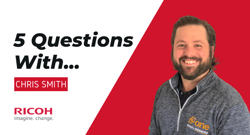
5 Questions With... Chris Smith of Relativity
We spoke with Chris Smith, Senior Product Manager, about his role in leading Relativity’s new Automated Workflows application: how it works, where it’s headed and what Relativity users can look forward to.

Berry Picking Our Way Through Information Governance, Document Collection and Data Reduction
Dust off your work boots! Ian Sinclair has combined his experience in legal review and agriculture to create the perfect analogy to describe the interplay of IG, document collection and data reduction strategies.





